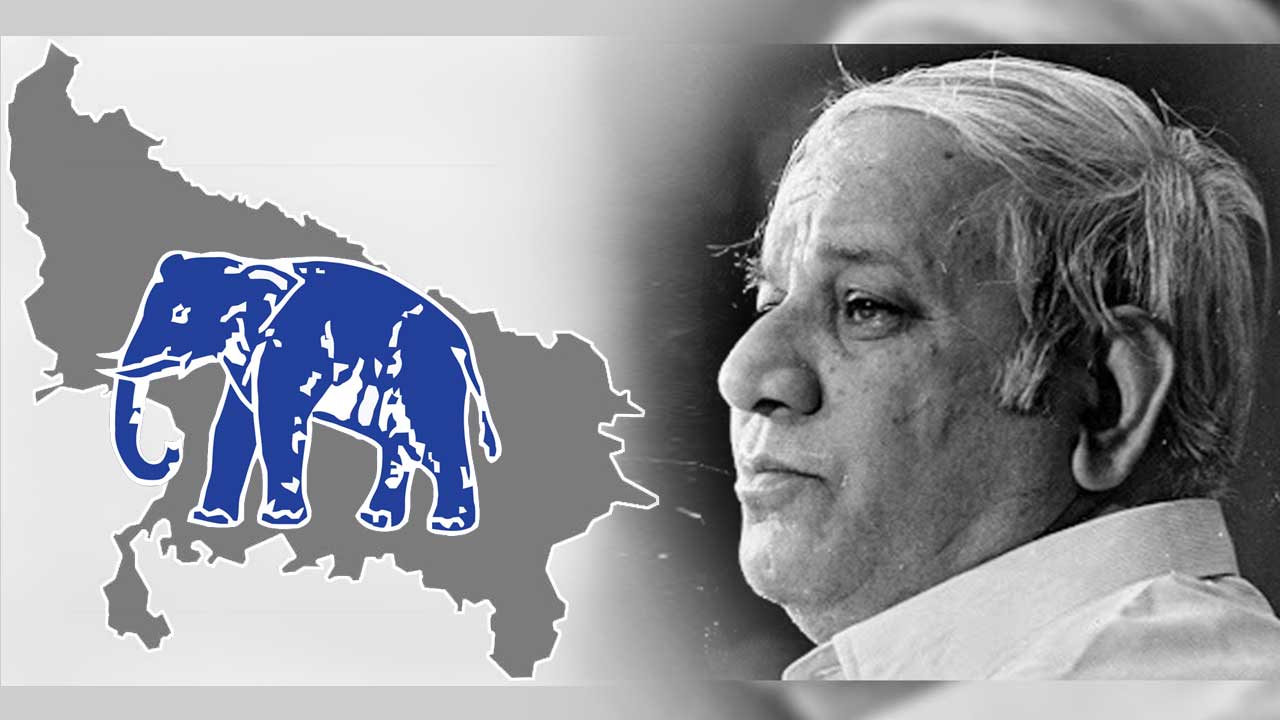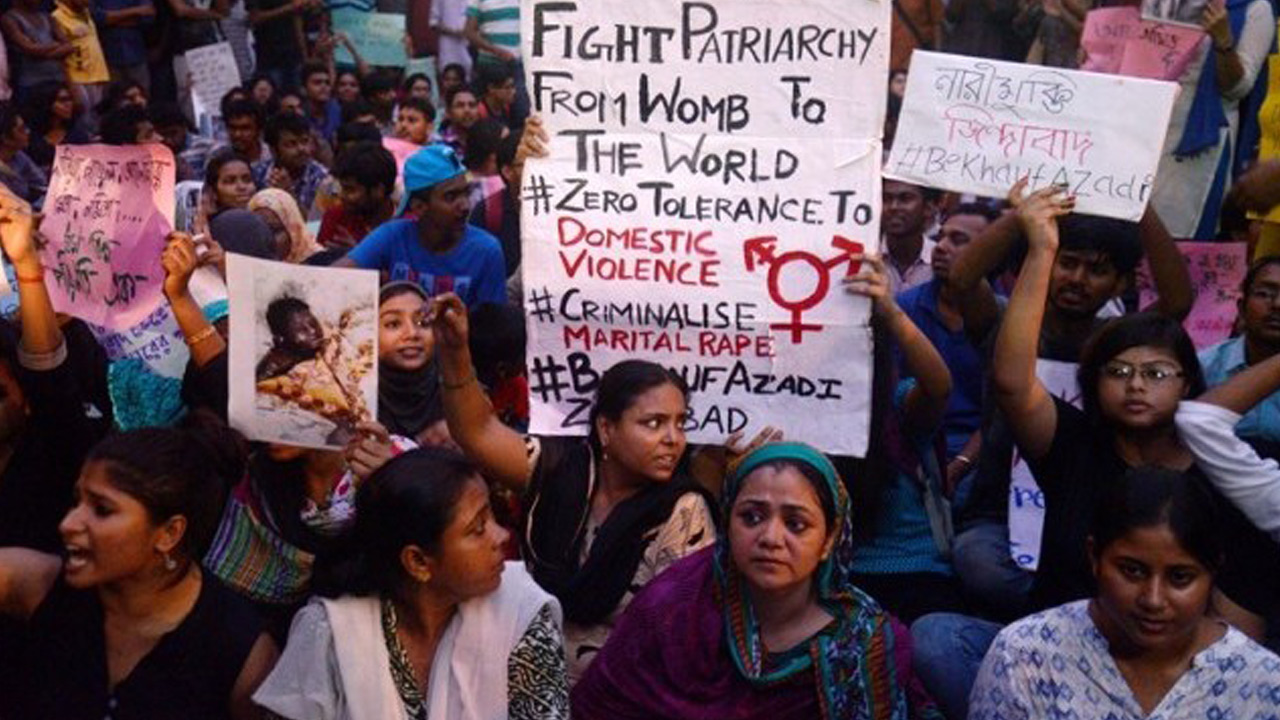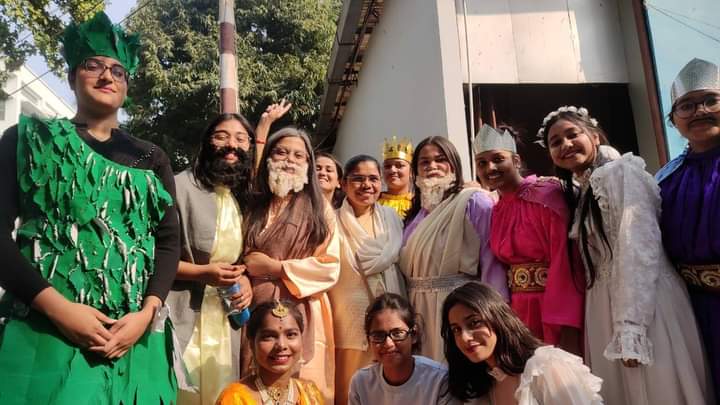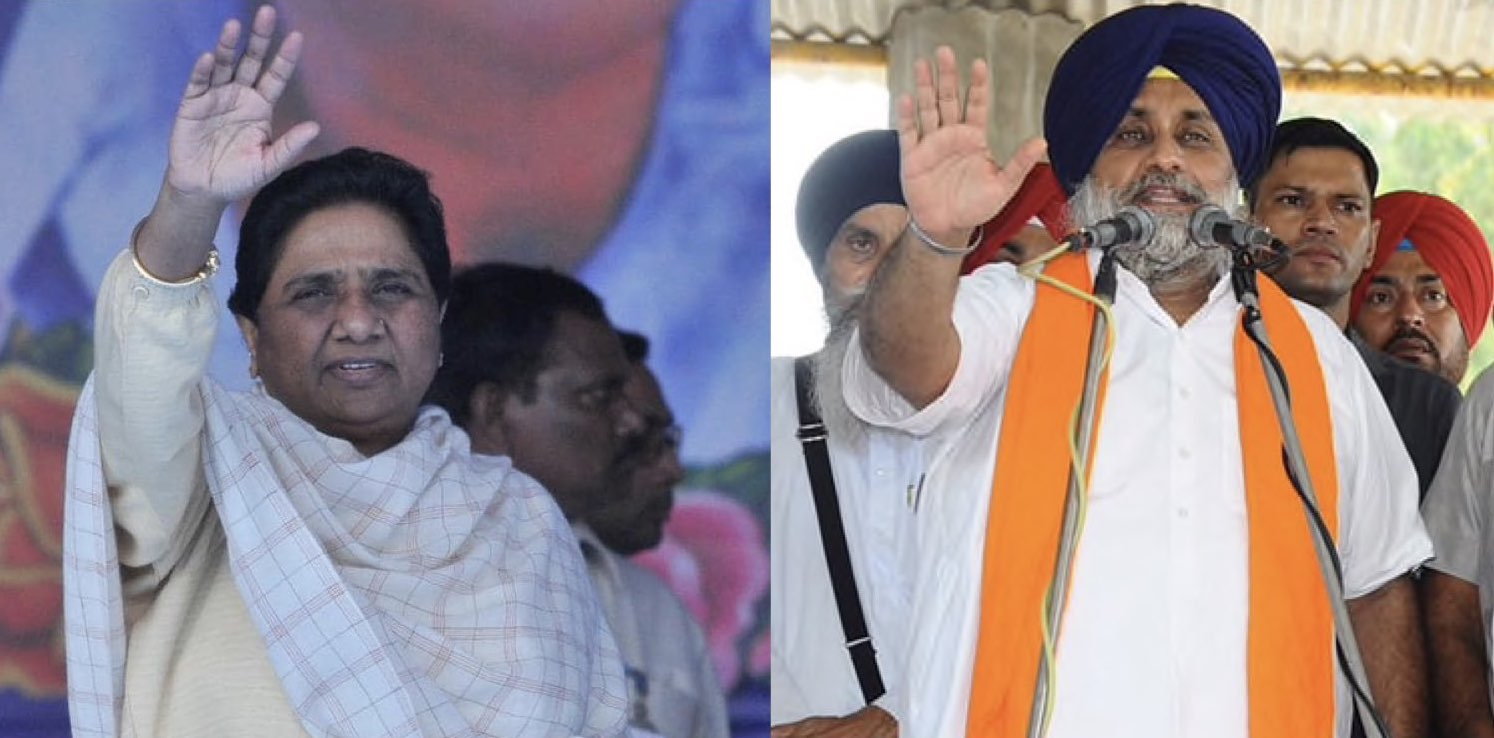Jharkhand has once again been placed under President’s rule and that too without dissolving the Vidhan Sabha. The Central government imposed President’s rule in the state for the third time since its formation on 18 February. Imposition of President’s rule without dissolution of the Vidhan Sabha has sent out the message that the Congress party has come to power in the state through the back door and that the period of President’s rule will be used by the party to refurbish its sullied image. The Congress party is
trying to use JMM as a tool for this purpose. On the other hand, the imposition of President’s rule and the suspension of the Vidhan Sabha has enraged the opposition.
President’s rule is imposed in a state under Article 356 of the Constitution “when a situation has arisen in which the government of a state cannot be carried on in accordance with the provisions of the Constitution”. The question is whether the Vidhan Sabha continues to exist even after the proclamation of the President’s rule or it should be considered as dissolved automatically. After Uttar Pradesh was placed under President’s rule in 1968, the Vidhan Sabha continued to be in existence for two months. Whereas, when President’s rule was imposed in West Bengal in 1968, the Assembly was dissolved with immediate effect.

It is said that history repeats itself. The Congress party sincerely wishes it does. In January 1980, when the Congress returned to power at the Centre under the leadership of Indira Gandhi, the Union council of ministers recommended to the President that the Vidhan Sabhas of nine states be dissolved. The President acted accordingly, and in the elections in these states held in May 1980, the Congress was voted back to power in eight of them. Theoretically, a state’s Vidhan Sabha should be dissolved as soon as President’s rule is imposed but there is also the political precedent of letting the Vidhan Sabha survive even after the imposition of the President’s rule, as was done in case of Uttar Pradesh in 1968.
One need not be a genius to realise that post-President’s rule, the Congress has indirectly come to power in Jharkhand. The Congress-led UPA is ruling at the Centre and the President is a gentleman who was once the backbone of the party. It is true that the Congress does not enjoy a good image in the state and the imposition of President’s rule seems to be aimed at preparing the ground for the upcoming Lok Sabha (LS) elections and not giving a new government to the state, as the JMM is hoping. The Congress is unlikely to get a better opportunity to improve its image. The people of Jharkhand are yet to forget that in 2006, the Congress, with the help of its coalition partner RJD, was instrumental in installing a government led by independent MLA Madhu Koda in the state. The state was placed under President’s rule in 2009 and 2010 too but this time, the JMM, despite being in power, fell prey to the political machinations of the Congress and former chief minister Hemant Soren fell between two stools.

The Congress High Command is eyeing the LS seats from Jharkhand. Its priority is not a new state government but forging an alliance with the JMM for the upcoming General Elections. Sources say that the Congress will think about the government only after the contours of its alliance with the JMM are clear. The Congress wants 8 of the 14 LS seats in the state for itself. It wants to corner as many seats as possible by uniting the so-called secular forces. That is why it is also in favour of an alliance with the RJD.
Union Minister for Coal Sriprakash Jaiswal, during his brief January-end visit to Jharkhand, categorically stated that the Congress was not interested in forming a government in Jharkhand. He was emphatic that President’s rule was a better alternative for the people of Jharkhand. A hurt JMM responded by setting a two-week deadline for the Congress to make it clear as to whether it would itself form the government in the state or would extend support to the JMM for the purpose.
A once-bitten-twice-shy Congress had burnt its fingers by extending support to the government led by Madhu Koda in 2006. It had to pay a heavy price for it. In an endeavour to improve its image, the Congress party is trying to keep tainted leaders away from power. It’s not that political parties alone are responsible for making a mockery of democracy in Jharkhand. The people are equally to blame for giving one fractured mandate after another. Coalition politics has abysmally failed in the state owing to the vested interests of the politicians. Political reforms are the crying need of the day.
Published in the March 2013 issue of the Forward Press magazine
Forward Press also publishes books on Bahujan issues. Forward Press Books sheds light on the widespread problems as well as the finer aspects of the Bahujan (Dalit, OBC, Adivasi, Nomadic, Pasmanda) community’s literature, culture, society and culture. Contact us for a list of FP Books’ titles and to order. Mobile: +919968527911, Email: info@forwardmagazine.in)





